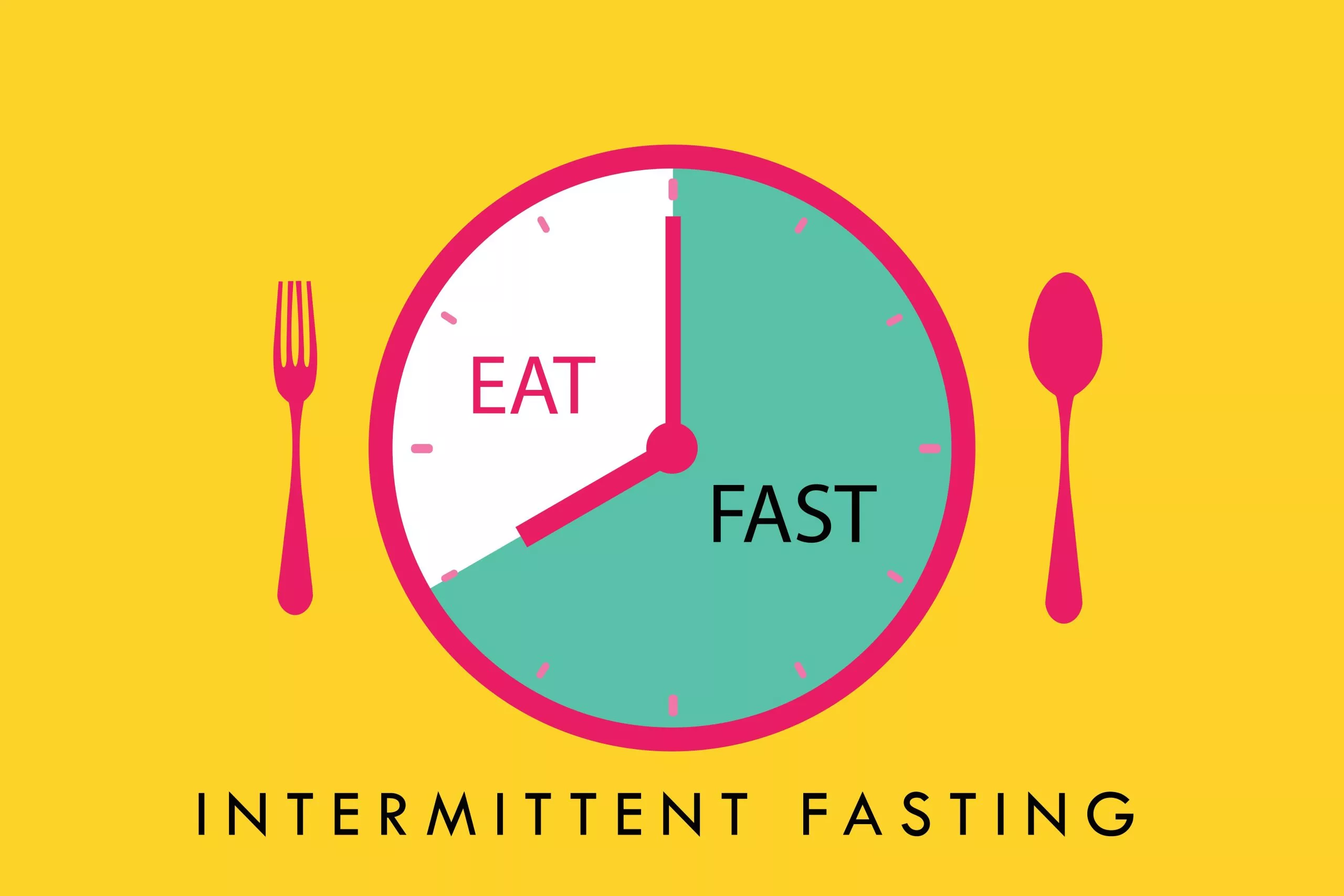Fasting Without Knowing Your Dosha Can Wreck Your Health
- Dr Rakesh VG
- Jun 12, 2025
- 2 min read
Updated: Jun 28, 2025
By Dr Rakesh Ayureshmi. Ayureshmi Ayurveda wellness centre, Kollam, Kerala, India
Why Intermittent Fasting Isn’t One-Size-Fits-All in Ayurveda
Intermittent fasting (IF) has exploded in popularity in the wellness world. It promises everything from weight loss and better digestion to mental clarity and longevity. But Ayurveda—India’s ancient science of life—offers a cautionary perspective.
According to Ayurveda, fasting without understanding your unique body constitution (Dosha) may do more harm than good. Let’s explore why.
The Ayurvedic View of Fasting
In Ayurveda, fasting (Upavasa) is considered a powerful therapeutic tool when used correctly. It's traditionally used to:
Rekindle digestive fire (Agni)
Remove accumulated toxins (Ama)
Reset imbalances in the doshas (Vata, Pitta, Kapha)
However, Ayurveda is not one-size-fits-all. Fasting protocols are highly dependent on the individual’s prakriti (constitution), season, age, and disease condition.
How Fasting Affects Each Dosha
1. Vata Dosha (Air + Ether):
Traits: Thin, dry, cold, energetic, anxious, irregular
Fasting Risk: Exacerbates dryness, weakness, anxiety, insomnia, digestive irregularity
Ayurvedic Insight: Vata people tend to have low natural energy reserves and irregular digestion. Long fasts can quickly disturb their nervous system and cause depletion.
Safer Approach: Warm, nourishing foods in regular intervals. Short, gentle fasting under supervision only.
2. Pitta Dosha (Fire + Water):
Traits: Intense, hot, driven, good digestion, prone to anger and inflammation
Fasting Risk: Increases acidity, irritability, inflammation, headaches, hormonal imbalance
Ayurvedic Insight: Pitta types often have a strong appetite. Denying food for long hours increases internal heat, which can trigger ulcers, skin issues, and irritability.
Safer Approach: Avoid dry fasting. Opt for fruit fasting or liquid fasts during cooler parts of the day/season.
3. Kapha Dosha (Earth + Water):
Traits: Heavier build, slow metabolism, calm, prone to weight gain and congestion
Fasting Risk: Minimal—this is the only dosha that truly benefits from fasting regularly
Ayurvedic Insight: Kapha individuals often have sluggish digestion, high ama accumulation, and over-nourishment. Fasting improves their metabolism and clarity.
Recommended: Intermittent fasting, occasional dry fasts, or skipping dinner can be very beneficial.
Science Meets Ayurveda: What Research Says
Modern studies show that fasting affects people differently based on:
Metabolic rate
Blood sugar sensitivity
Hormone levels (especially cortisol and insulin)
Gut microbiome
All of these are mirrored in Ayurvedic dosha types.
Example:
Vata → low blood sugar threshold, sensitive nervous system
Pitta → high metabolism, sensitive to acid
Kapha → insulin resistant, benefits from metabolic breaks
Thus, blindly following a 16:8 fasting plan may yield amazing results for one person and cause hormonal havoc in another.
What We Do at Ayureshmi Ayurveda Hospital
At Ayureshmi Ayurveda Hospital and Wellness Centre, we don’t recommend fasting until:
The patient’s Prakriti and Agni are assessed
We evaluate existing imbalances like anxiety, acidity, thyroid, or fatigue
Seasonal factors are considered (Vata increases in rainy/winter seasons)
A personalized plan is created to ensure safety and benefit
For example:
> A 35-year-old Vata-Pitta woman with fatigue and irregular periods was advised not to follow 16:8 fasting—despite her motivation. Instead, we restored her Agni with medicated ghee, light soups, and shorter early dinners. Results? Better energy and regular cycles.
Final Word
Fasting isn’t bad—but fasting incorrectly is. Ayurveda teaches us that any health practice must align with your inner nature, or it can backfire.
“The right food at the wrong time is the wrong medicine.”


Comments